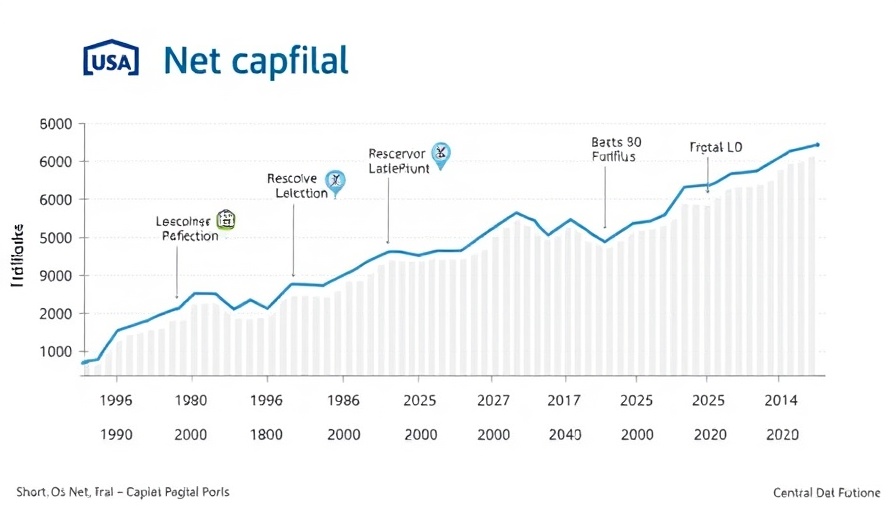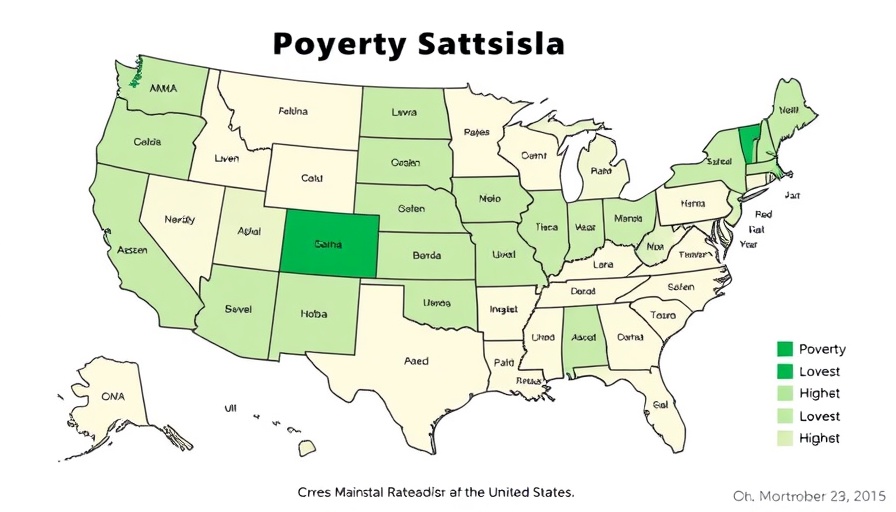
Temple Health Surges with $19.6 Million Operating Profit
Temple University Health System has announced a remarkable turnaround, posting an operating profit of $19.6 million for the first half of fiscal 2025, a stark contrast to its previous operating deficit of $65.1 million during the same period last year. With total revenues hitting $1.52 billion, a nearly 21% increase from the previous year’s $1.26 billion, the health system is marking a significant recovery phase.
Michael Young, the CEO of Temple Health, attributes this impressive performance to a combination of factors, including a robust net patient service revenue growth of 21.7%, ongoing success in its transplant program, and improved financial conditions at its main campus. Notably, the increase in revenue has been bolstered not only by patient services but also by state funding, which comes into effect later in the fiscal year.
Key Factors Behind Temple's Financial Turnaround
The turnaround strategy focused on improving operational efficiencies at Chestnut Hill Hospital, which has seen an impressive boost in patient visits and surgeries. In just two years, the hospital's emergency department visits grew from 34,000 to 45,000, and surgical procedures surged by 62%. This strategic approach demonstrates Temple's commitment to revitalizing healthcare services in the Philadelphia area.
Looking Ahead: New Women's Hospital and Continued Growth
Temple’s plans to expand its healthcare footprint include the upcoming opening of the Women’s Hospital campus in Juniata Park, a project that faced delays due to construction issues. CEO Young provided a new timeline, with outpatient services slated to expand in April and full inpatient obstetrical care, including baby deliveries, set to begin in May. This facility aims to enhance maternal care services significantly in the region.
A Broader Perspective on Temple's Health Initiatives
The success of Temple University Health System also reflects broader trends in the healthcare sector, where a robust service provision model is essential to meeting community needs. As other healthcare providers in the area report mixed financial results, Temple's case serves as a strategic benchmark for responsive healthcare facilities aiming for operational excellence amidst challenges.
Final Thoughts on Temple's Financial Outlook
With its strategic initiatives and a commitment to enhancing community health services, Temple University's financial rebound signals a positive shift for health systems focusing on sustainability and improvement. This resurgence not only supports the financial health of Temple but also promises better healthcare access and outcomes for Philadelphia residents.
If you’re interested in how these developments can continue to shape the Philadelphia healthcare landscape, stay informed and engaged! Consider joining local health forums and discussions to learn more about the future of healthcare in your community.
 Add Row
Add Row  Add
Add 




Write A Comment